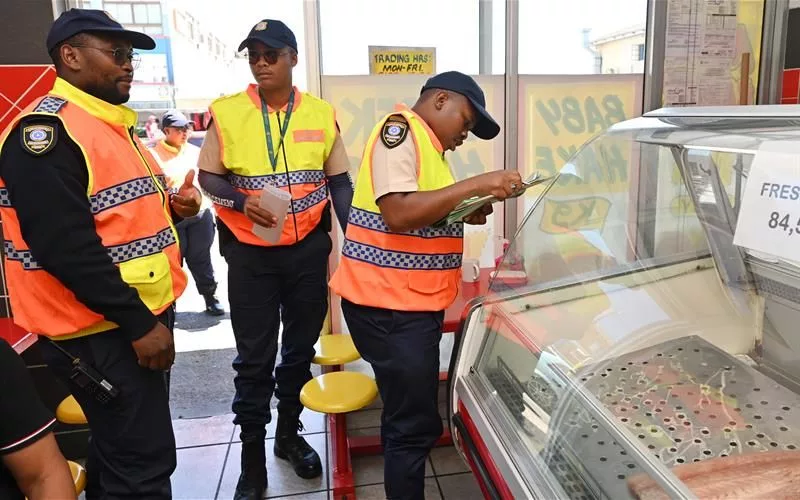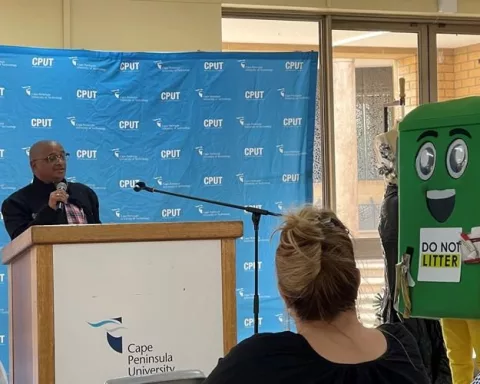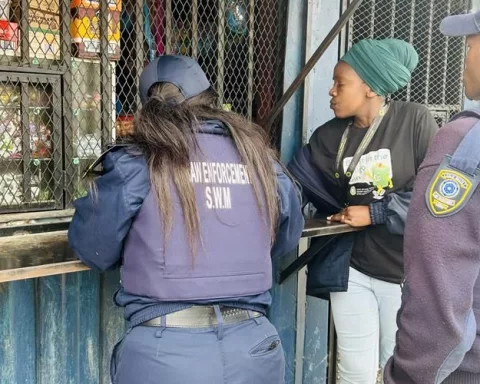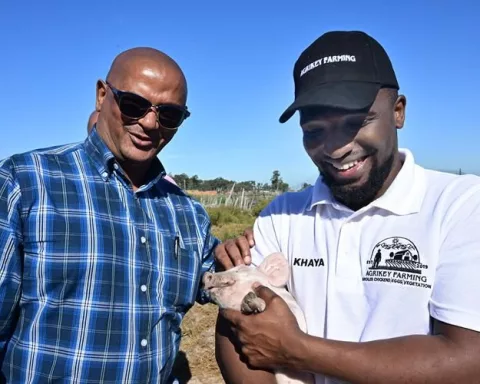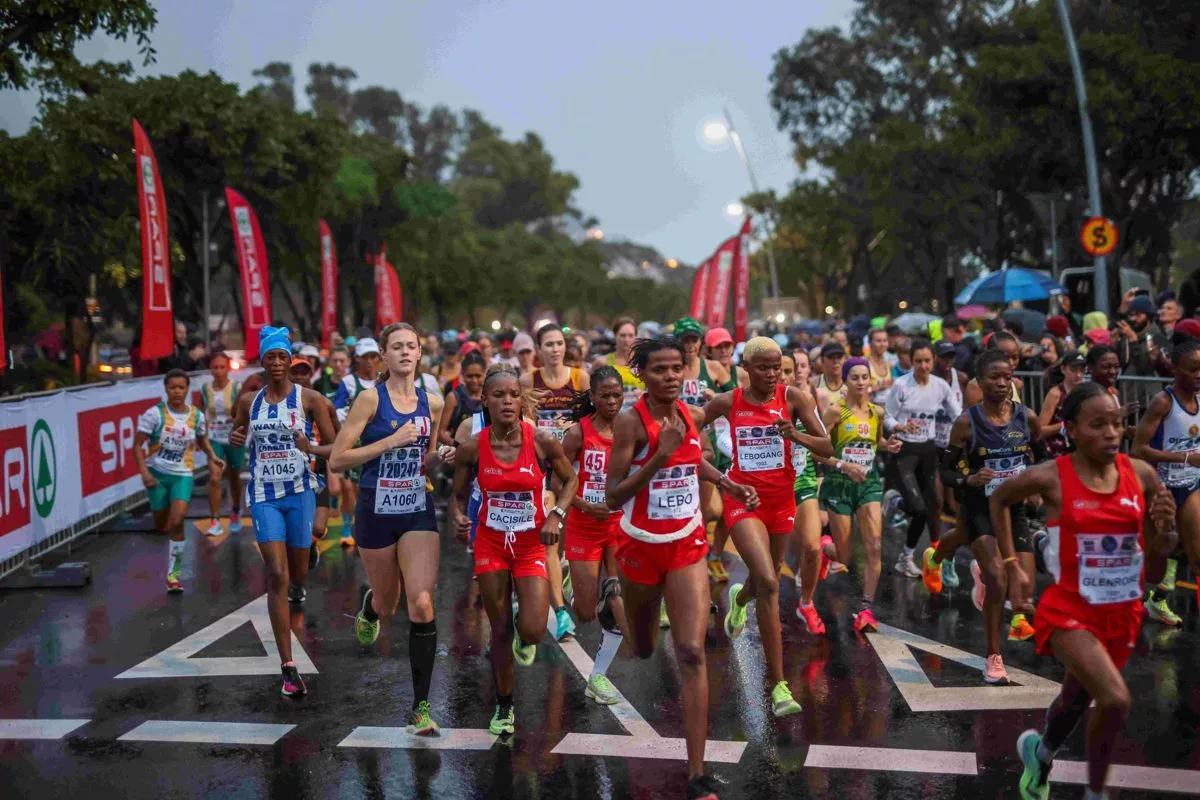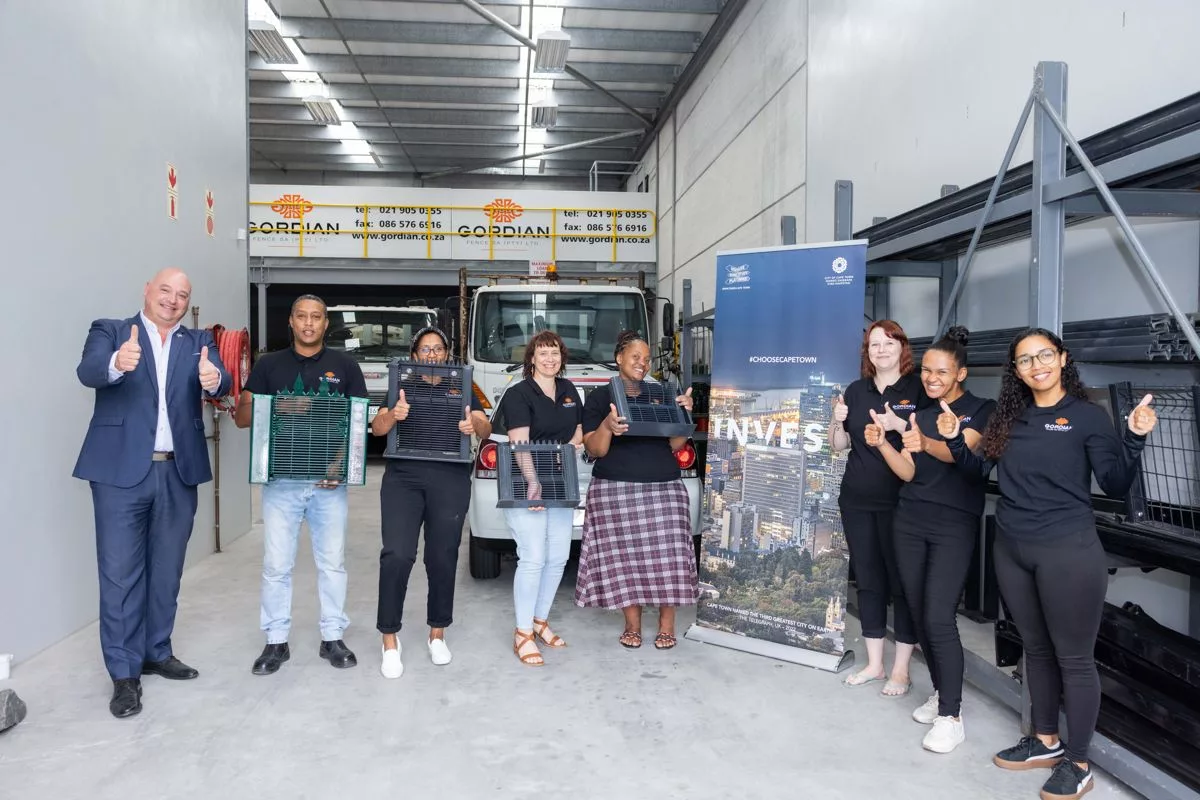Businesses in Elsies River can ensure waste disposal compliance by implementing an Integrated Waste Management Plan (IWMP), covering all aspects of waste management and setting targets for waste recovery. Recently, a comprehensive audit of local businesses was conducted to ensure compliance with the IWMP. Non-compliance can lead to penalties. Residents are encouraged to report any irregularities to a dedicated call centre, and businesses seeking assistance can use an online portal to create their IWMP. The recent operation in Elsies River serves as a reminder of the shared responsibility of maintaining a clean and sustainable city.
How can businesses ensure waste disposal compliance in Elsies River’s commercial sector?
Businesses in Elsies River can ensure waste disposal compliance by implementing an all-inclusive Integrated Waste Management Plan (IWMP). This plan should cover all aspects of waste management, including storage, collection, transportation, and disposal, with clear strategies for separating recyclable and non-recyclable materials at the source and minimizing waste. Businesses must also set targets for waste recovery, including minimization, re-use, and recycling, and outline programs to reduce natural resource consumption. Non-compliance with the IWMP can lead to penalties.
In the bustling commercial district of Elsies River, a part of Cape Town, a series of inspections took place recently. Led by the City’s Mayoral Committee Member for Urban Waste Management (UWM), Alderman Grant Twigg, and Chairperson of Sub-council 4, Councillor Franchesca Walker, the exercise was a strong show of the city’s dedication to waste management. On March 14, 2024, these officials collaborated with the UWM Directorate’s By-law Enforcement Unit to conduct a comprehensive audit of local businesses.
Inspections and Objectives
The foremost aim of this operation was to ensure that businesses were adhering to the City’s Integrated Waste Management By-law. This law requires every business to implement an all-inclusive Integrated Waste Management Plan (IWMP). Shockingly, a significant number of Cape Town businesses are still functioning without this mandated plan, quite openly ignoring both their environmental responsibilities and legal requirements.
A comprehensive IWMP not only assesses the amount and type of waste but also the potential environmental impact. It requires a clear strategy for waste services, covering all aspects from storage, collection, and transportation to disposal. Furthermore, it includes a system for separating recyclable and non-recyclable materials at the source and a plan to minimise waste. An important feature is the pollution prevention plan, which can prevent environmental harm.
The Necessity of an Integrated Waste Management Plan
In addition to the above, an IWMP also provides clarity on environment-sensitive waste and resources consumed during manufacturing or production processes resulting in waste. Businesses must set targets for waste recovery, including minimisation, re-use, and recycling. They are also obligated to outline programs and targets to reduce natural resource consumption and a strategy to completely eliminate organic waste sent to landfills by 2027.
Failure to meet these requirements is a violation of the IWM By-law, leading to penalties. During the recent operation in Elsies River, 16 businesses were examined, out of which four were found to be functioning without a valid waste management plan. These non-compliant businesses were promptly served notices, requiring them to submit their respective IWMPs within a month. In case of non-compliance, they would face fines.
Citizen Participation
Alderman Grant Twigg appealed to the residents of Elsies River, urging them to actively participate in this crucial initiative. He encouraged them to check local businesses for waste management plans and to push for adherence. Non-adherence to an approved waste management plan signifies potentially harmful waste disposal practices, which could be detrimental to the community.
To enable residents to report businesses violating the waste management plan requirement, the City has established a dedicated call centre. Consequently, it is now the responsibility of the residents and environmentally aware urban inhabitants to call 0860 103 089 and report any irregularities.
For businesses seeking assistance with creating their waste management plans, the city offers an online portal. This resource provides a step-by-step guide, aiming to encourage businesses to fulfil their obligations towards creating a cleaner, healthier Elsies River.
Elsies River can be seen as a representation of the urgent need for strict waste management in the larger context of sustainable urban living. The recent operation was more than just an inspection; it was a wake-up call for businesses, residents, and city officials alike. It served as a stark reminder that the task of maintaining a clean city is a shared responsibility.
What is the penalty for non-compliance with the Integrated Waste Management Plan (IWMP)?
Non-compliance with the IWMP can lead to penalties. Businesses found functioning without a valid waste management plan during the recent operation in Elsies River were promptly served notices requiring them to submit their respective IWMPs within a month. In case of non-compliance, they would face fines.
How can residents report non-compliance with the IWMP?
Residents can report any irregularities in waste management practices to a dedicated call centre established by the City. The number to call is 0860 103 089.
What is the purpose of the pollution prevention plan included in the IWMP?
The pollution prevention plan included in the IWMP can prevent environmental harm by identifying potential sources of pollution and outlining measures to prevent them.
What is the deadline for businesses to eliminate organic waste sent to landfills?
Businesses are obligated to have a strategy to completely eliminate organic waste sent to landfills by 2027.
How many businesses were found to be non-compliant with the IWMP during the recent operation in Elsies River?
Out of the 16 businesses examined during the recent operation in Elsies River, four were found to be functioning without a valid waste management plan.
What resources are available for businesses seeking assistance with creating their waste management plans?
The City offers an online portal to assist businesses with creating their waste management plans. This resource provides a step-by-step guide, aiming to encourage businesses to fulfil their obligations towards creating a cleaner, healthier Elsies River.

